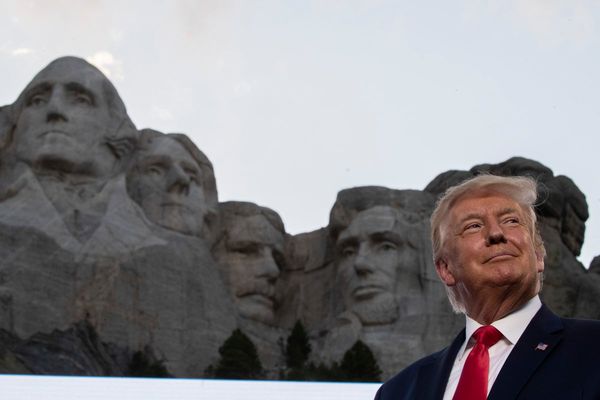
The Trump administration has made significant changes to the federal government's approach to fighting public corruption in a short period of time. Since taking office, the Justice Department has halted investigations into corporate foreign bribery, reduced enforcement of a foreign agent registration law, and decreased prosecutions of Russian oligarchs. There have been discussions about eliminating the Department's Public Integrity Section, which handles cases of alleged misconduct by public officials at various levels of government.
President Donald Trump has removed inspectors general from over a dozen federal agencies and criticized cases brought against him by special counsel Jack Smith and state prosecutors. This shift in priorities has raised concerns among current and former DOJ and FBI officials, who believe that pursuing politically sensitive or corruption cases may no longer be a priority.
A recent controversial incident involved the attempted dismissal of criminal corruption charges against New York City Mayor Eric Adams. Acting Deputy Attorney General Emil Bove directed the acting US attorney in the Southern District of New York to drop the charges, citing Adams' focus on combating illegal immigration and his reelection campaign. This move sparked a conflict within the Justice Department, leading to resignations among prosecutors.
The administration's actions have also targeted the Public Integrity Section, which was established in 1976 to combat corruption following the Watergate scandal. While the unit has faced challenges in high-profile cases, efforts to weaken or eliminate it have been met with resistance.



Additionally, the Trump administration has signed executive orders pausing enforcement of laws related to foreign corruption, such as the Foreign Corrupt Practices Act (FCPA). These orders signal a shift in priorities, with a focus on cases involving cartels or transnational criminal organizations rather than traditional corporate bribery abroad.
Despite these changes, experts suggest that the impact on corruption prosecutions remains uncertain. The statute of limitations for FCPA violations extends beyond the current administration, and other countries have also strengthened their anticorruption enforcement efforts.
While the administration's approach to corruption cases may be evolving, the long-term implications of these changes are yet to be fully understood.







